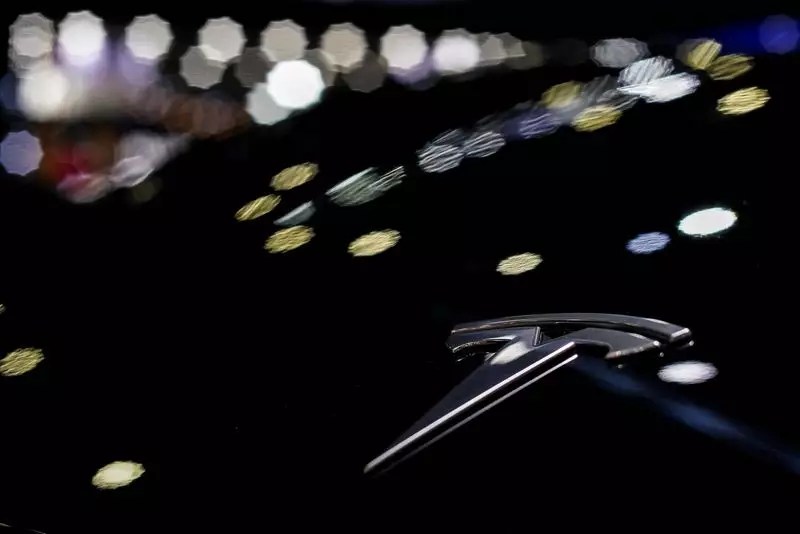In a surprising turn of events, JPMorgan Chase, the prominent U.S. banking institution, has opted to withdraw its lawsuit against Tesla, a company at the forefront of the electric vehicle revolution. This decision was officially made public through a concise court filing in a Manhattan court, with both parties announcing that they would rescind their claims against each other. While the details of any possible settlement remain undisclosed, this resolution marks a significant moment in the ongoing relationship between established financial institutions and innovative technology companies.
The roots of this dispute can be traced back to a 2014 contract involving stock warrants, which are financial instruments that allow their holder the right to purchase a company’s stock at a predetermined price within a specified timeframe. In November 2021, JPMorgan filed a lawsuit claiming that Tesla breached this contract, seeking a hefty $162.2 million payout. The bank based its claims on the premise that a tweet by Elon Musk in August 2018 exaggerated the value of the stock warrants. Musk’s infamous declaration that he had “funding secured” with a buyout price of $420 per share led to dramatic fluctuations in Tesla’s stock price, compelling JPMorgan to adjust the strike price of the warrants to preserve their fair market value.
The case highlights the broader implications of market volatility and the unpredictable nature of stock trading in the tech industry. The 2018 tweet generated significant media coverage and speculation, ultimately resulting in Tesla’s stock skyrocketing in value, necessitating JPMorgan to reprice the warrants in question. This episode illustrates the delicate balancing act financial institutions undertake when engaging with companies that are as dynamic and disruptive as Tesla. The bank contended that the dramatic increase in Tesla’s stock price post-tweet compelled it to seek payments that Tesla allegedly failed to make.
Tesla did not remain silent throughout this legal tussle. In January 2023, the electric vehicle manufacturer launched a counterclaim against JPMorgan, suggesting that the bank’s maneuvering was nothing short of an opportunistic gamble aiming for an unreasonable profit—what Tesla characterized as a “windfall.” This counterclaim reflects the heightened stakes involved, with reputations on the line for both entities. Notably, Elon Musk’s contentious relationship with the SEC further complicates the scenario, as his prior agreement requiring legal vetting of his social media communications adds a layer of unpredictability to his public engagements.
With both JPMorgan and Tesla opting to settle out of court—whether by mutual agreement or sheer practicality—this incident sheds light on the potential for ongoing tensions between financial institutions and innovative companies. As these sectors increasingly intersect, the outcome of this case is likely to influence how similar disputes are navigated in the future. It serves as a reminder of the complex interplay between finance, regulation, and innovation, as both parties move forward, potentially wiser from the experience while also aware of the delicate dance that defines their respective industries.


Leave a Reply